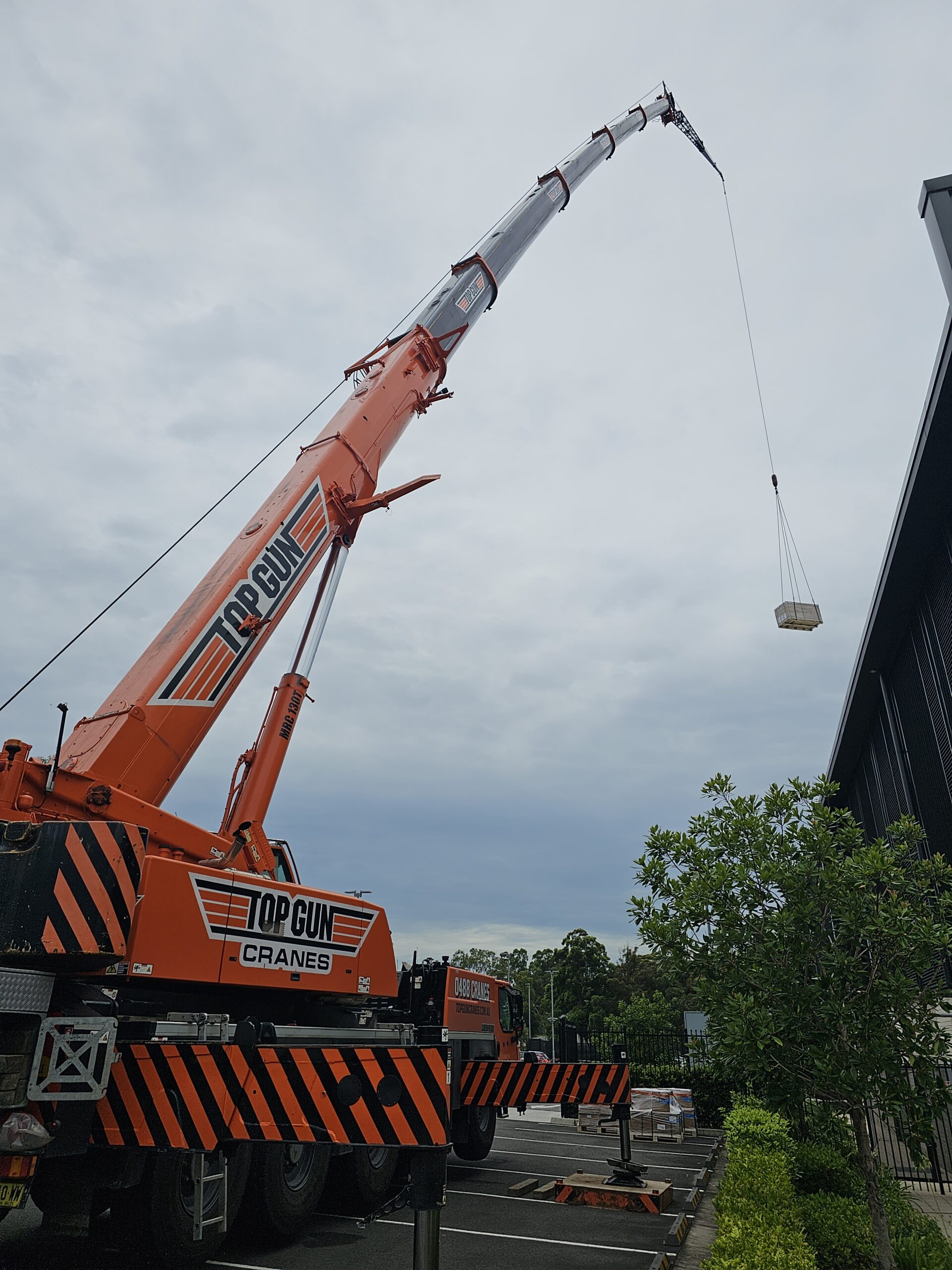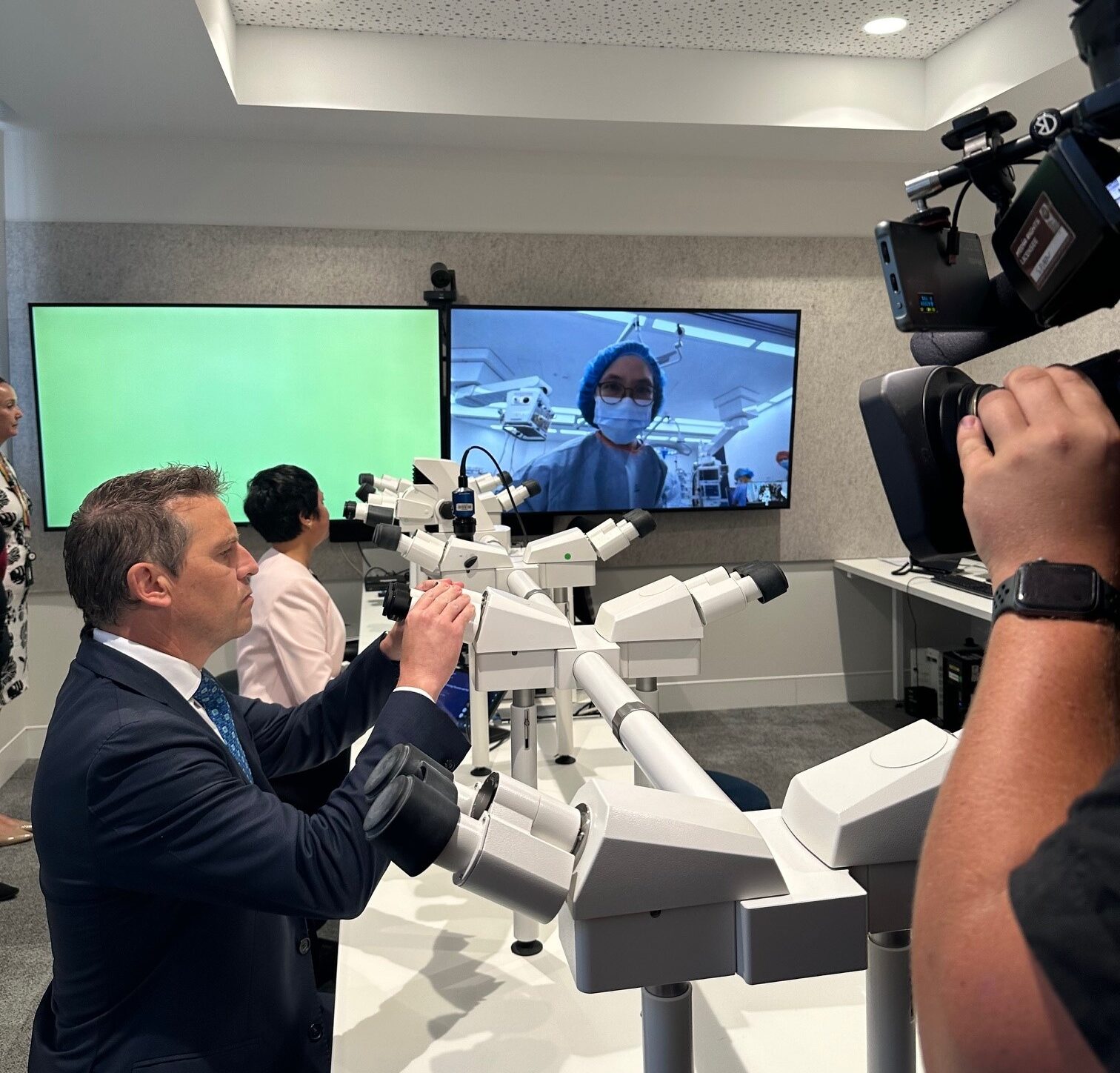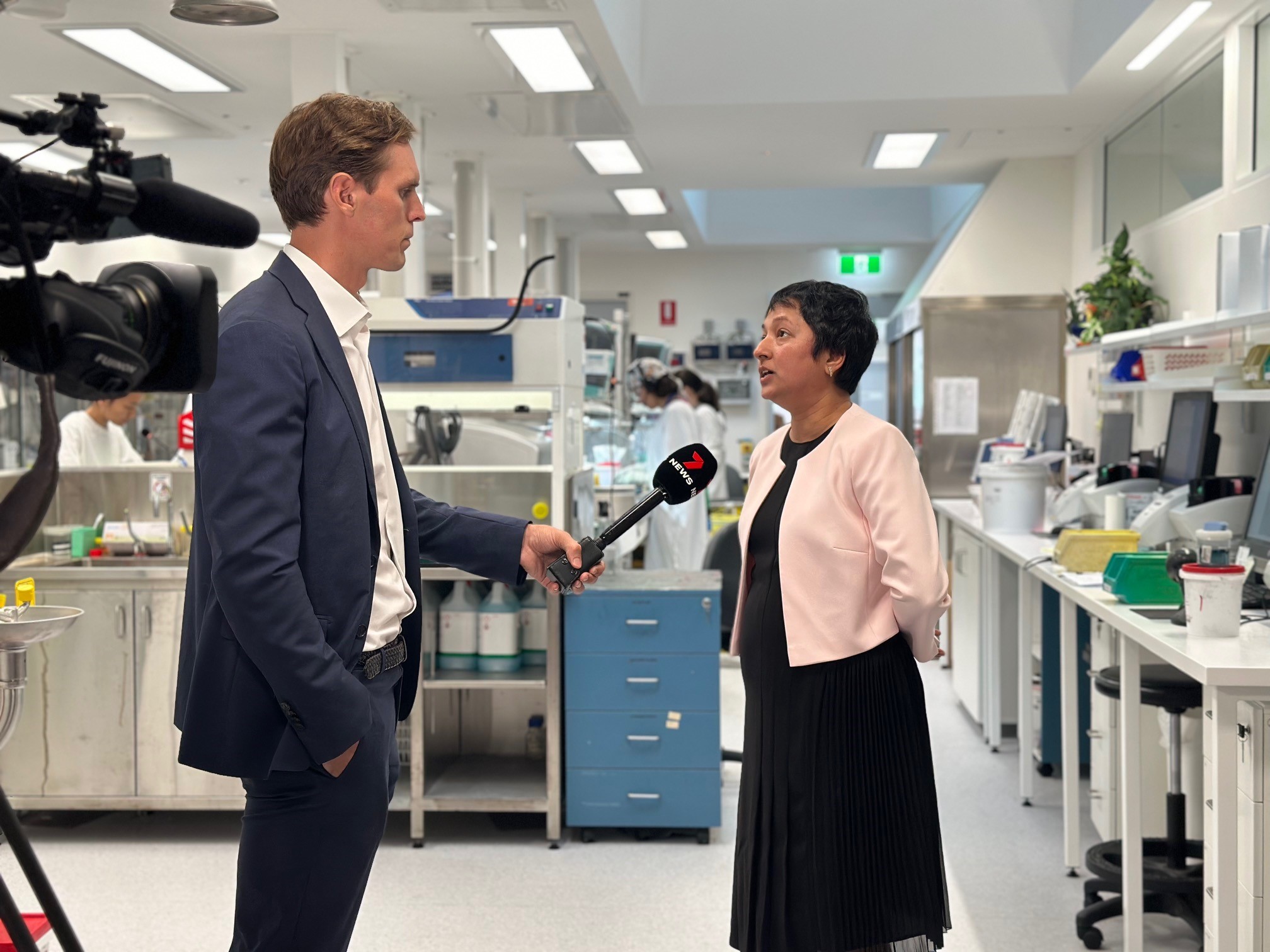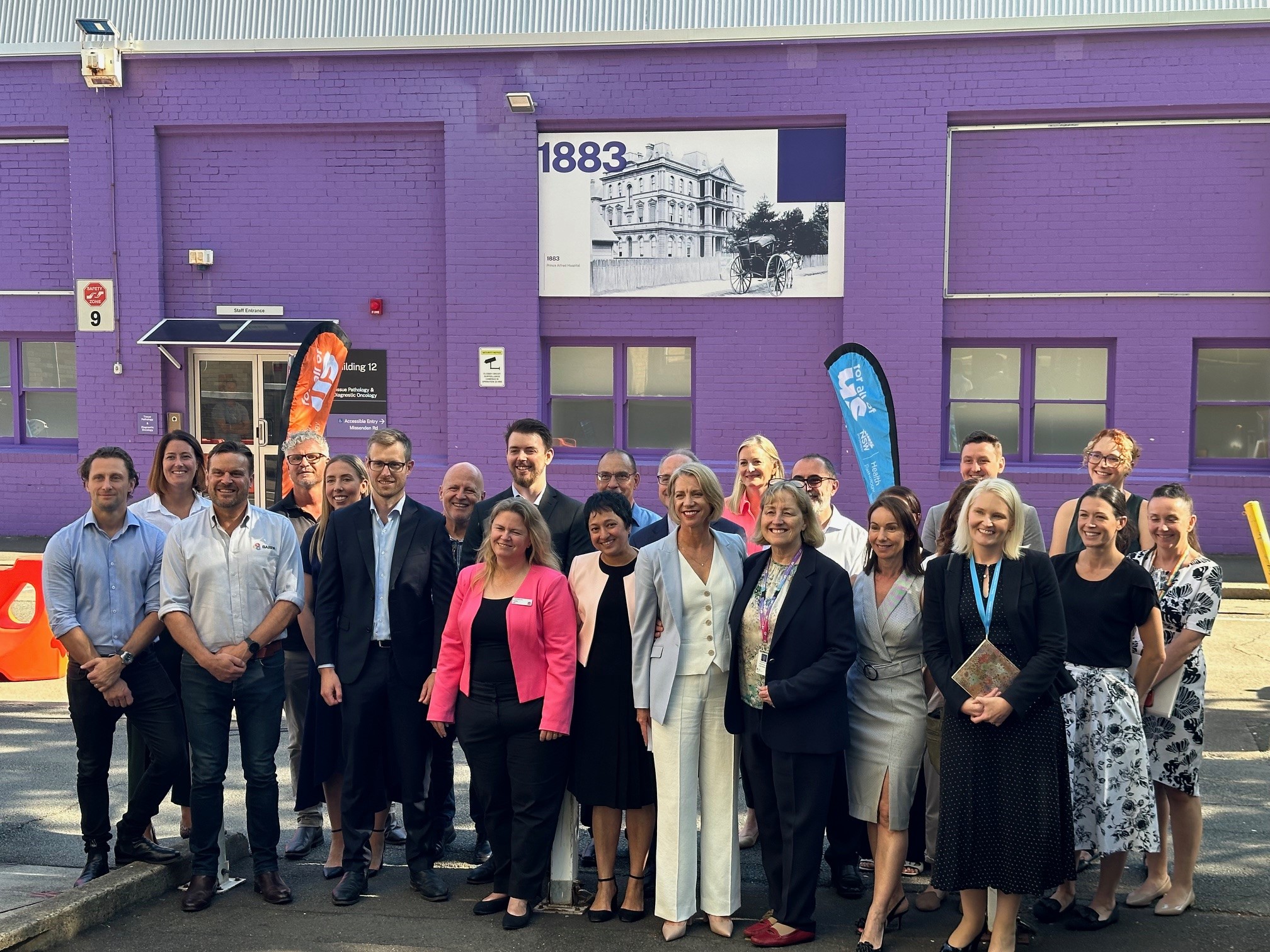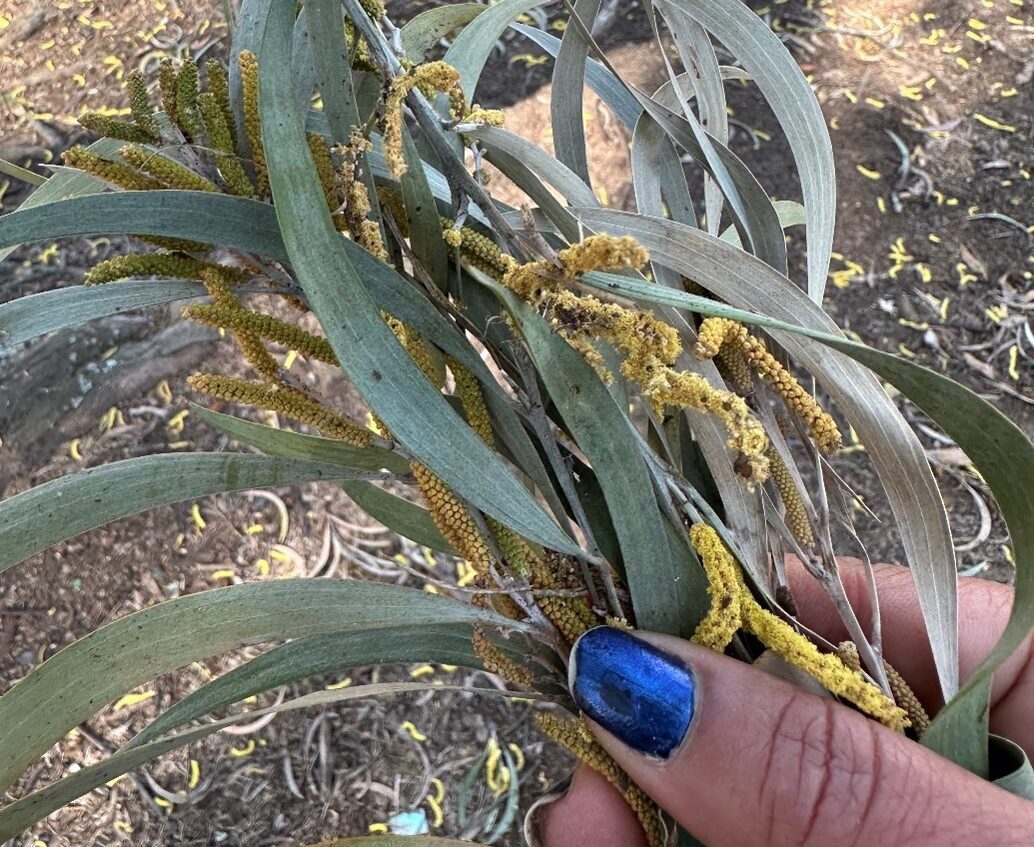Meet Dr Leili Moayed Alaei, an Anatomical Pathology Registrar at our Royal Prince Alfred Hospital laboratory.
Leili works at our newly redeveloped Tissue Pathology and Diagnostic Oncology Department at RPA and has been with NSW Health Pathology for five years.
“Our work is like solving diagnostic puzzles. We have a crucial role in patient care, even though we are often hidden behind closed doors,” she says.
“We provide critical information on diagnosis, disease progression and prognosis that directs clinical care.”
She says her typical day begins with attending a morning tutorial, during which the consultants share interesting cases.
“As registrars, we have three different duties: macroscopic examination and dissection of specimens, holding the fresh/frozen phone and reporting cases. Each day, I’ll be assigned to one of these duties.”
On cut days, registrars are dealing with a wide range of specimens from small biopsies to more complicated cases like pelvic exenteration or leg amputation.
“Handling the specimens requires knowledge of anatomy and pathology, along with an understanding of staging and prognostic features to ensure that sampled tissue adequately demonstrates these aspects,” Leili explains.
“On our reporting days we have an opportunity to report these cases alongside our consultants.”
What is a frozen section? We’re glad you asked!
“Frozen sections are often performed during surgical procedures to provide rapid diagnostic information to guide the surgeon’s next steps such as assessing margin status or making diagnoses. The tissue is quickly frozen, processed, and evaluated shortly afterward. This is all happening while the patient is still undergoing surgery.”
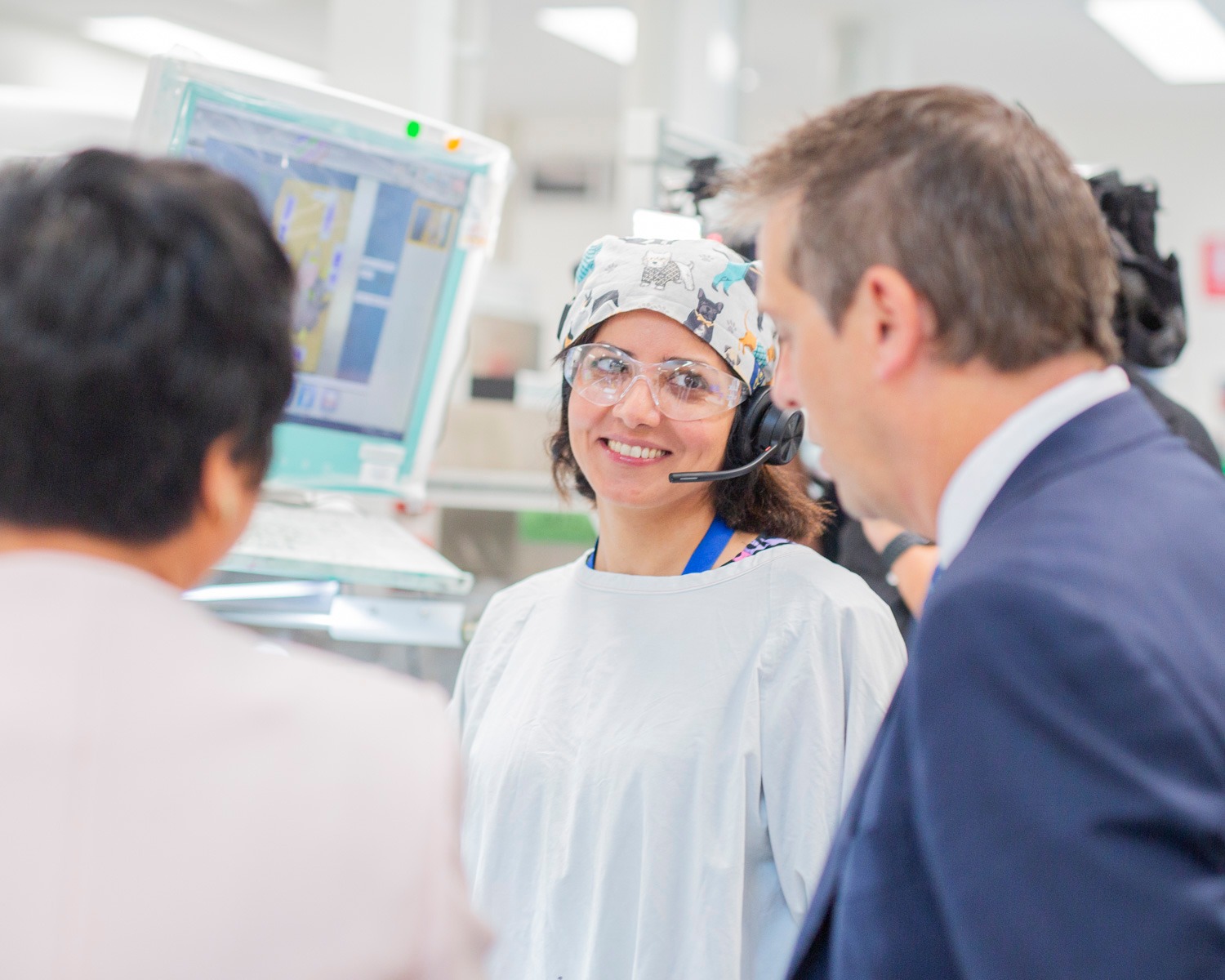
Leili says she loves the variety of tasks, as well as working alongside consultants and attending multi-disciplinary team meetings.
“I love the camaraderie within our pathology team – we are like a family, always ready to support each other,” she said.
“The sense of being part of a team that plays such a vital role in healthcare is deeply rewarding and fulfilling.”
The team at the lab even takes time out to socialise after work.
“We have a WhatsApp group for our RPA crew, which includes some of our consultants, scientists, and registrars. We regularly organise outings for dinner, movies, and other recreational activities together.”
Leili says one of the hardest parts of the job is preparing for anatomic pathology specialist exams, alongside her clinical duties.
“It’s one of the trickiest parts of the job. However, with a solid team to support each other, it becomes much more manageable.”
Leili says if she could learn something new, it would be working with electron microscopy!

